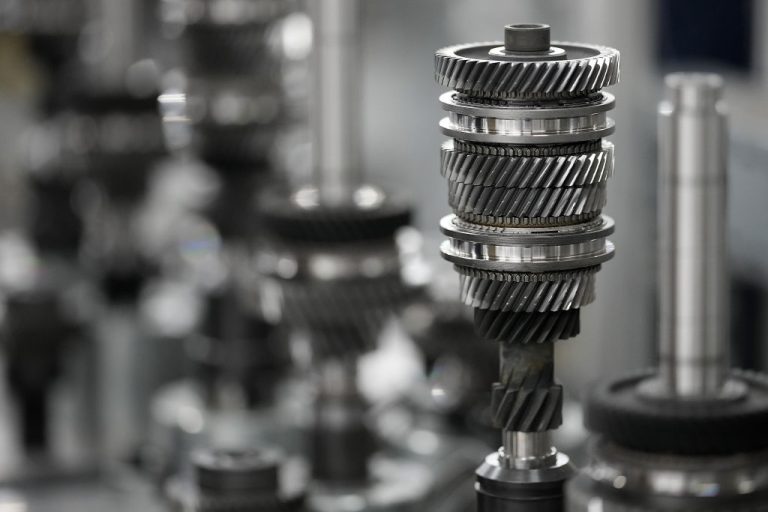It can perhaps be said that an embattled automotive industry’s supply chain is facing a certain kind of light at the end of the proverbial tunnel. However, that glare is the beacon of an oncoming train and not the sunlight of clear skies, says a leading major analyst firm.
The forecast comes from no less than S&P Global in an Oct. 11 missive ominously titled Winter is Coming, which states, “S&P Global Mobility is forecasting significant supply chain disruption from November through spring.”
The firm also anticipates a “disruption of the traditional just-in-time supply model” resulting from this year’s never-seen-before monstrous hikes to energy prices in Europe.
READ MORE ARTICLES
- Microsoft’s Augmented Reality Goggles Costing Taxpayers $22 Billion ‘Would Have Gotten Us Killed,’ Military Tester Says
- Business Is Still Booming for One Industry: Superyachts
- 199 People Have Been Cryogenically Frozen in Arizona
Energy cost impact is manifested in the form of “some suppliers implementing a schedule of working fractional-months on a 24/7 setup,” which S&P explains “can be more energy-efficient than traditional weekly shifts due to the latter’s higher start-up and shut-down energy costs.”
Success
You are now signed up for our newsletter
Success
Check your email to complete sign up
However, it’s more than just high costs that are in play. S&P states that “mandatory energy rationing to be the basis for a pessimistic scenario for the region’s auto producers and suppliers.”
This is a problem that isn’t Europe’s to bear on an island, as the continent is significant for the production and delivery of both parts and vehicles to the rest of the world, including the United States.
How bad is the situation? S&P states that EU and UK manufacturing plants are only exporting 7,000 vehicles a month to America. To put that number into focus, 219,750 vehicles made their way into the United States as early ago as 2019.
And yet while the impact of central command economy energy rationing is in play, the fiscal impact of an energy crisis rooted in Europe severing all connections with Russia so as to not draw the ire of the U.S. Department of State, NATO, and the entire globalist bloc is no joke.
“Before the energy crisis, gas and electric costs were a relatively inconsequential component of a vehicle’s bill of materials, typically less than €50 per vehicle,” the report said.
“Now with cost increases ranging from €687 to €773 per vehicle, energy costs compound an already perilous position for the sector – given the impact raw material price increases have already had on the nascent electric vehicle value chains.”
S&P’s analysis is sober about the world’s economic realities, “Both serve to undermine margins in a market where cost increases will be difficult to pass on to customers already facing food and energy inflation.”
The brave new world mankind has found itself amid in 2022 has impacted names as big as Ford, which was forced to admit in a Sept. 19 Q3 performance preview to shareholders that it was facing a $1 billion cost overrun on supplies in Q3 alone.
That notice was released after the close of the NYSE and impacted the company’s stock price substantially. Ford closed the 19th with a gain at $14.93 before opening the next morning at $14.09 and closing at $13.09.
Ford now trades at $11.67 with a total market capitalization of approximately $47 billion.
Some of Ford’s most concrete and also seemingly banal supply chain problems were made evident in a Sept. 27 report that stated the company had to waylay deliveries because the Michigan-based manufacturer of its iconic blue badges and nameplates was forced to limit operations in August after a suspected chemical leak that entered the sewage systems, CIPS reported.
Nonetheless, at least one of Europe’s major manufacturers remains optimistic. BMW Chief Financial Officer Nicolas Peter told media his company still expects to meet its margin target for the year, Automotive News reported on Sept. 26.
But the proof is in the pudding as Nicolas admitted that the assumption was based on the belief that demand in China would recover as the Chinese Communist Party continues to crush civilizens and businesses with its misfortunately-iconic “Zero COVID” campaign.
Toyota, for example, was forced to shutter a major plant in Chengdu, Sichuan Province in August amid electric grid concerns as the mainland was rocked by a historically unprecedented drought. Yet, according to reports, competitors such as Volkswagen and Foxconn were allowed by Party officials to remain operational.
Additionally, the CFO was paraphrased as stating that demand was rather weak in both Germany and the United Kingdom, but better in France, Spain, and Italy.
Additionally, Peter said that “The [natural] gas [shortage] issue will not have any direct impact on us this year,” noting that the company had already cut consumption by 15 percent.
















